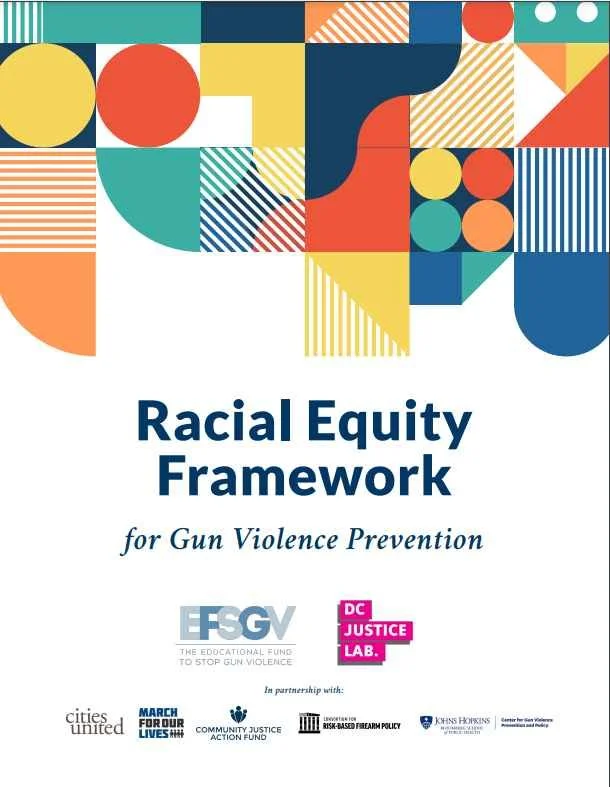By Rosanna Smart
Background
Despite growing evidence about how state-level firearm regulations affect overall rates of injury and death, little is known about whether potential harms or benefits of firearm laws are evenly distributed across demographic subgroups. In this systematic review, we synthesized available evidence on the extent to which firearm policies produce differential effects by race and ethnicity on injury, recreational or defensive gun use, and gun ownership or purchasing behaviors.
Main body
We searched 13 databases for English-language studies published between 1995 and February 28, 2023 that estimated a relationship between firearm policy in the USA and one of eight outcomes, included a comparison group, evaluated time series data, and provided estimated policy effects differentiated by race or ethnicity. We used pre-specified criteria to evaluate the quality of inference and causal effect identification. By policy and outcome, we compared policy effects across studies and across racial/ethnic groups using two different ways to express effect sizes: incidence rate ratios (IRRs) and rate differences. Of 182 studies that used quasi-experimental methods to evaluate firearm policy effects, only 15 estimated policy effects differentiated by race or ethnicity. These 15 eligible studies provided 57 separate policy effect comparisons across race/ethnicity, 51 of which evaluated interpersonal violence. In IRR terms, there was little consistent evidence that policies produced significantly different effects for different racial/ethnic groups. However, because of different baseline homicide rates, similar relative effects for some policies (e.g., universal background checks) translated into significantly greater absolute differences in homicide rates among Black compared to white victims.
Conclusions
The current literature does not support strong conclusions about whether state firearm policies differentially benefit or harm particular racial/ethnic groups. This largely reflects limited attention to these questions in the literature and challenges with detecting such effects given existing data availability and statistical power. Findings also emphasize the need for additional rigorous research that adopts a more explicit focus on testing for racial differences in firearm policy effects and that assesses the quality of race/ethnicity information in firearm injury and crime datasets.
Inj Epidemiol. 2023; 10: 67.




